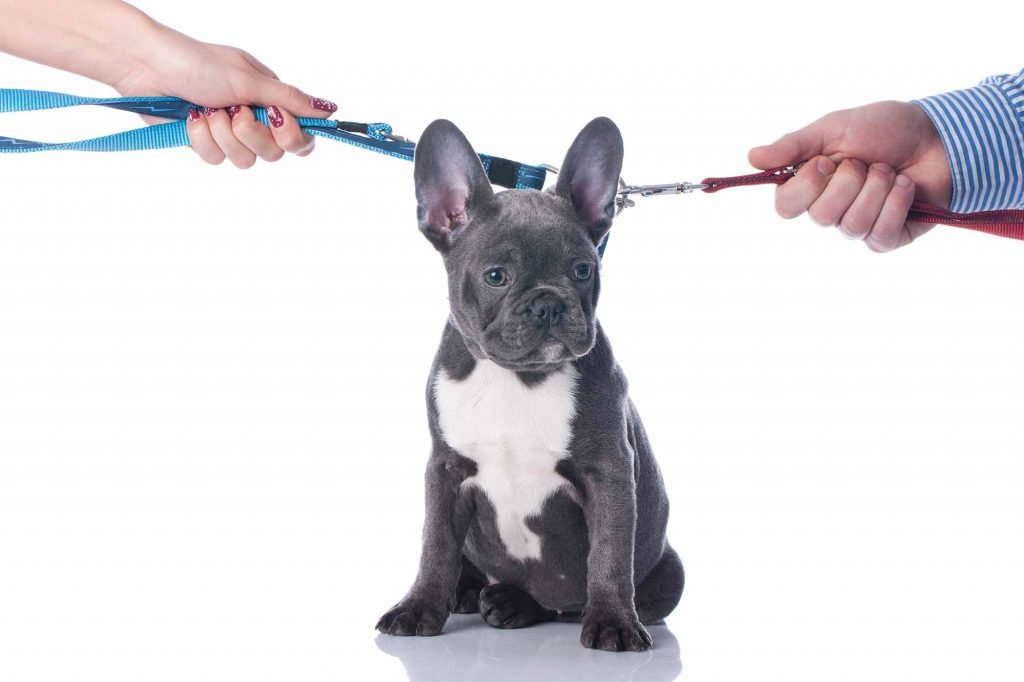 According to recent statistics, over 30% of U.S. households include a cat and more than 37% include a dog. In many of these homes, the pet is considered an important member of the family, but with a 50% divorce rate in the United States, the issue of “who gets the pet” is bound to come up from time to time.
According to recent statistics, over 30% of U.S. households include a cat and more than 37% include a dog. In many of these homes, the pet is considered an important member of the family, but with a 50% divorce rate in the United States, the issue of “who gets the pet” is bound to come up from time to time.
Unfortunately, deciding what to do with a pet after a divorce or breakup isn’t always settled quickly or satisfactorily for both parties. Although most courts of law view pets as personal property, couples today have more options than ever when it comes to dealing with pets and divorce.
Determining Pet Custody
In cases of divorce or breakup, pet custody refers to who ultimately ends up with possession of the animal. In most states, the judicial system views pets acquired during a marriage as community property, unless the following stipulations are met and can be proven:
- The pet was adopted by one party prior to the relationship
- The pet was a gift to one party during the relationship
- The pet was left to one party in a will
Evidence of sole ownership of a pet includes the name that appears on documents, such as registration certificates, veterinary records, purebred papers, and microchip registration.
Pet Parenting Plan
Much like a child custody agreement, many couples who are grappling with pets and divorce opt to come up with a pet parenting plan, which may involve one or more of the following considerations:
- Who will the pet live with primarily, or will custody be split 50/50
- Visitation schedules, including weekly or daily walks and occasional outings
- How expenses are handled (vet bills, grooming, pet insurance, and other incidentals)
- What happens in the case of more than one pet
- Agreement on how the pet will be cared for following the divorce
Pets and Divorce
Pets can sense our emotions and often pick up on the stress, anxiety, sadness, and anger we suffer during a divorce or breakup. This, combined with a change in schedules, can lead to a pet acting out by becoming destructive, withdrawn, aggressive, or even developing tics, such as excessive grooming.
When living situations are changing in your pet’s life, you can help to give him or her a sense of normalcy by:
- Striving to keep your pet’s daily schedule (mealtimes, walks, playtime, etc.) the same as it’s always been
- Making sure your pet is getting exercise each day to burn off excess energy and stress
- Taking time each day to interact with your pet, one-on-one (the benefits to both you and your pet are well worth it)
Your friends at West Park Animal Hospital are here for you and your pet. Please reach out to us if you have any questions or concerns about your furry loved ones.
The post Pets and Divorce in the New World appeared first on West Park Animal Hospital Blog.

